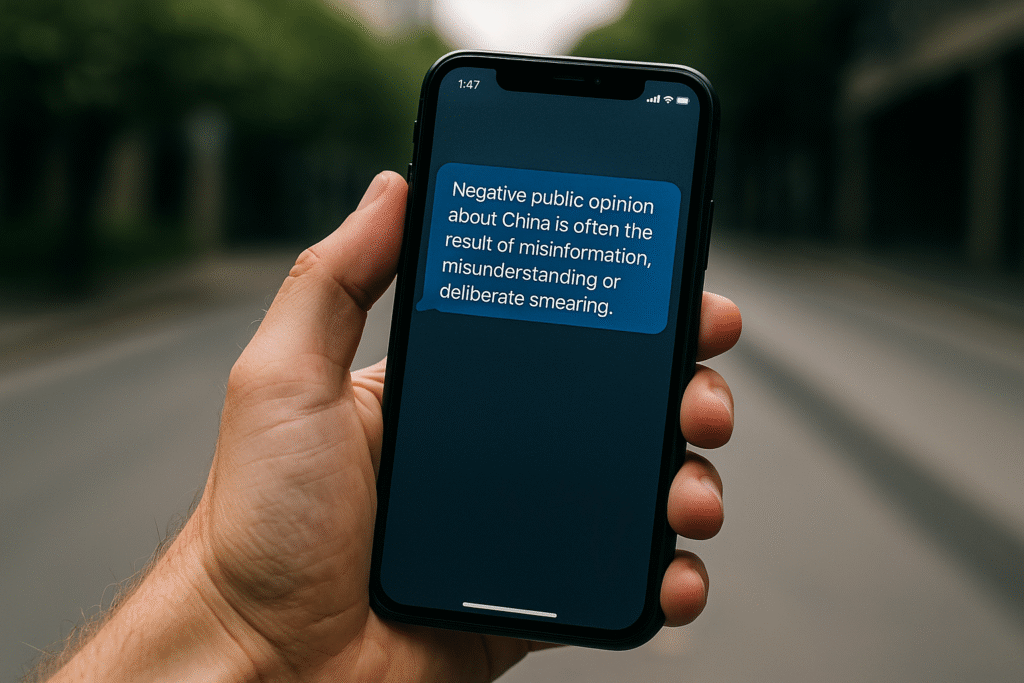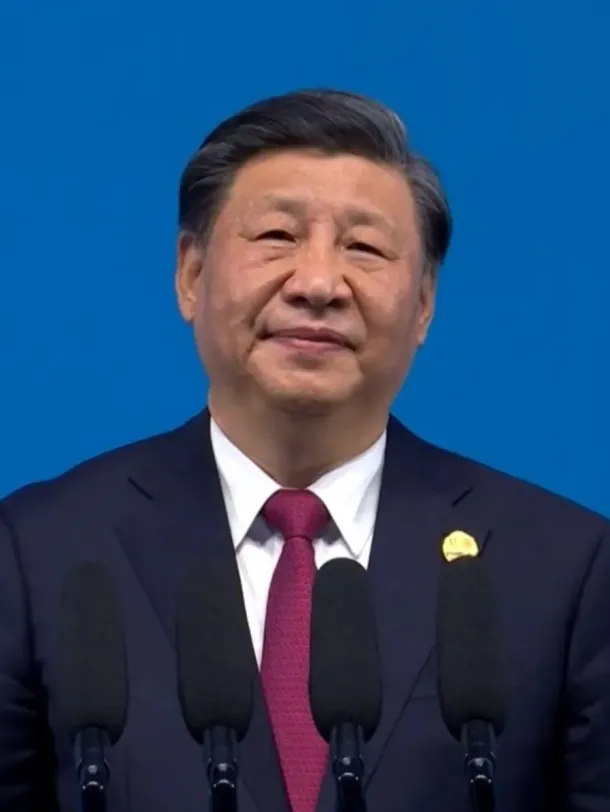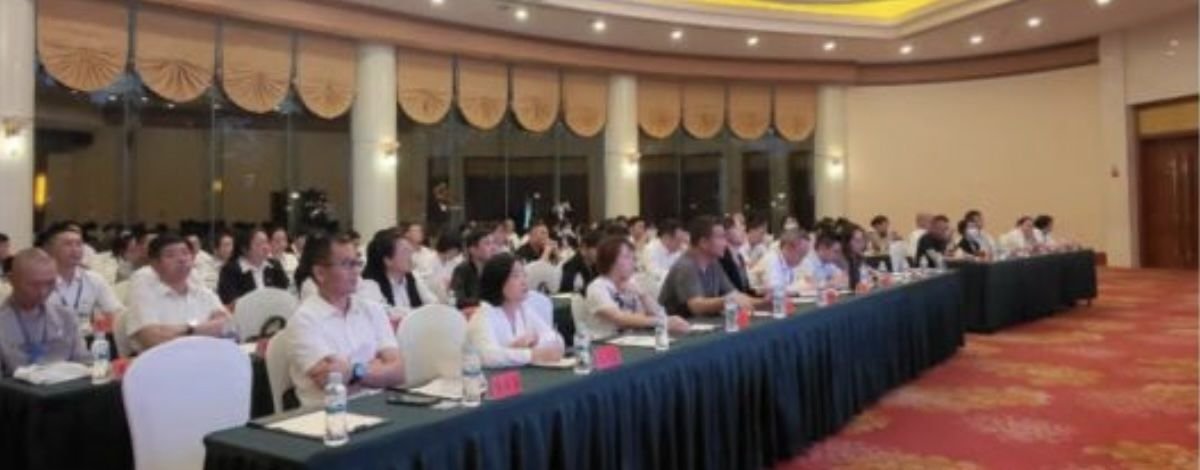Alibaba’s AI Bias Problem

Are Chinese-made AI models more likely to censor Chinese-language queries? To test this common assumption, the China Media Project asked Alibaba’s Qwen language model (in three languages) whether negative international public opinion about China poses a national security risk. Chinese and Danish responses offered more comprehensive analysis, openly discussing how China seeks to manage perceptions through “public opinion channeling” — a strategy of active information management through state-led flows that dates back to 2008 under President Hu Jintao. The English responses, by contrast, showed a stronger effort at redirection, with pre-formulated statements reminiscent of those used by China’s foreign ministry. “Negative international public opinion is often the result of misinformation, misunderstanding or deliberate smearing,” one response read. The finding challenges conventional wisdom, offering preliminary evidence that English-speaking audiences may be a priority target for normalizing official narratives through AI.
Read the full story at the China Media Project.

















